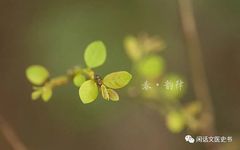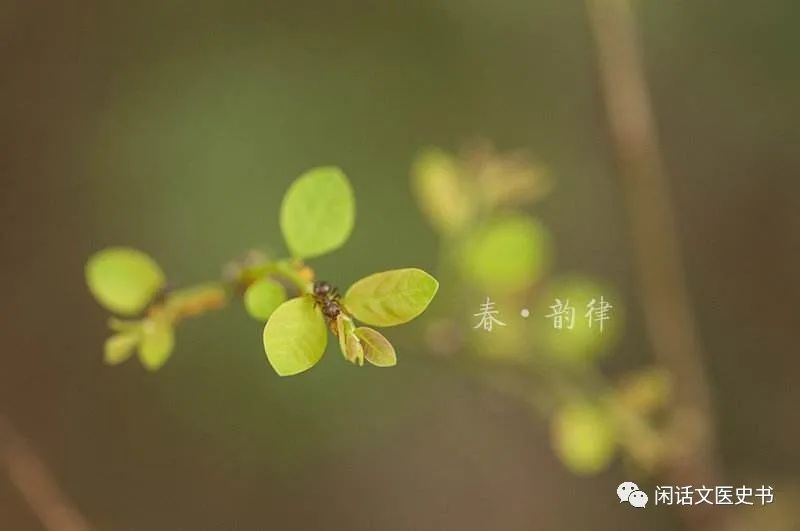
Traditional Chinese Medicine (TCM) is characterized by two main principles: a holistic perspective and the differentiation of syndromes for treatment. Among the various methods of syndrome differentiation, such as the “Eight Principles”, “Six Meridians”, “Zang-Fu”, “Wei-Qi-Ying-Xue”, and “San Jiao”, the “Eight Principles” serve as the foundation for all other differentiations. The content of the Eight Principles refers to “Yin-Yang, Exterior-Interior, Cold-Heat, Deficiency-Excess”. I have previously discussed “Yin-Yang differentiation”; today, I will focus on “Exterior-Interior differentiation”.
“Exterior-Interior differentiation” consists of two parts: exterior syndrome and interior syndrome.
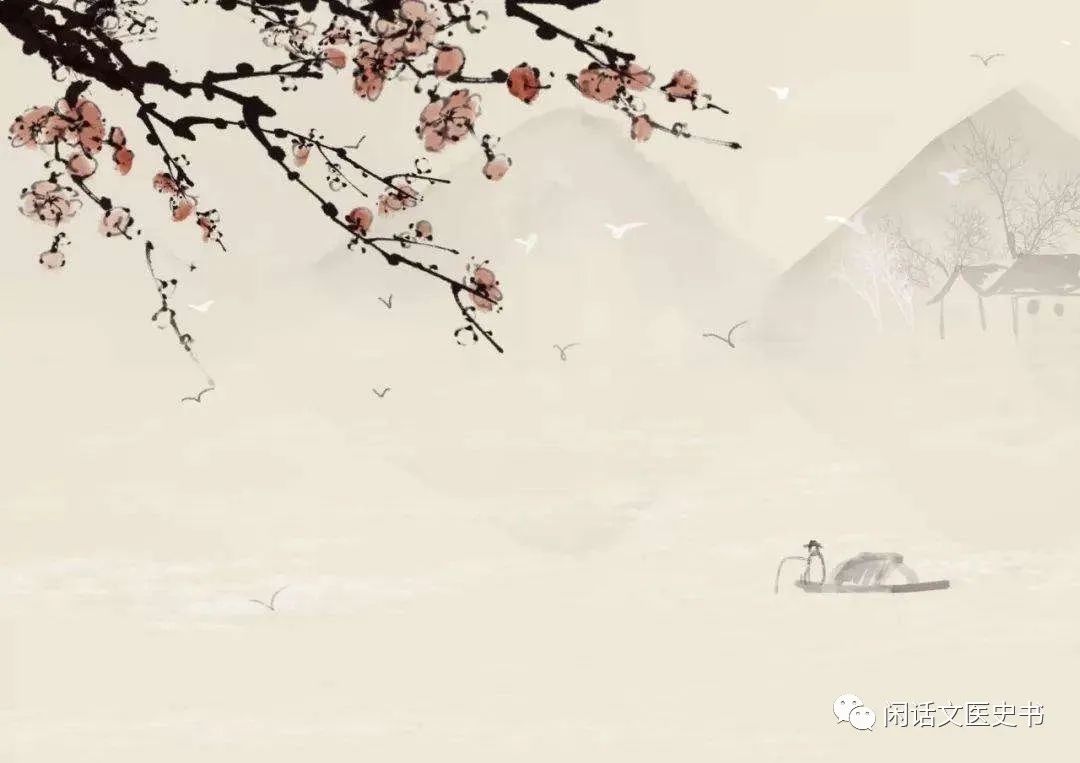
Exterior SyndromeExterior syndrome refers to symptoms caused by external pathogens invading the body, such as fever, rashes, and psoriasis. For instance, a cold caused by exposure to wind and cold is termed “exterior wind-cold” in TCM. According to the TCM principle that cold leads to heat, we can use herbs like Ma Huang (Ephedra), Su Ye (Perilla Leaf), Jing Jie (Schizonepeta), and Fang Feng (Siler) to treat it; alternatively, ginger, scallions, and brown sugar can be boiled into a decoction for consumption. Overall, these warming herbs or foods help to induce sweating, open the blocked pores, and expel the wind-cold pathogen from the body. If it is a wind-heat cold, we would use cooling herbs such as Sang Ye (Mulberry Leaf), Ju Hua (Chrysanthemum), Bo He (Peppermint), and Jin Yin Hua (Honeysuckle) to dispel the pathogen. Commonly used TCM formulas include Tong Xuan Li Fei Wan for wind-cold colds, Yin Qiao Jie Du Wan for wind-heat colds, and Huo Xiang Zheng Qi Wan for summer colds.
Wind rashes also require differentiation; for wind-cold, we use Jing Jie and Fang Feng, while for wind-heat, we use Bo He and Dan Pi (Moutan Root) for their cooling and dispersing properties. For psoriasis, one type of differentiation is called “cold trapping heat”, where internal heat is present but the exterior is affected by wind-cold, leading to symptoms such as no sweating, irritability, and itchy scabs. This can be treated with Da Qing Long Tang (Major Blue Dragon Decoction) plus Wu Shao She (Black Snake) to achieve the goal of treating the root cause of the disease. In this prescription, the four herbs in Ma Huang Tang (Ephedra Decoction) open the pores to disperse wind-cold, while Shi Gao (Gypsum) can clear internal heat and provide a cooling effect, combined with Wu Shao She to unblock the meridians and expel wind, thus achieving the goal of treating the disease at its root.
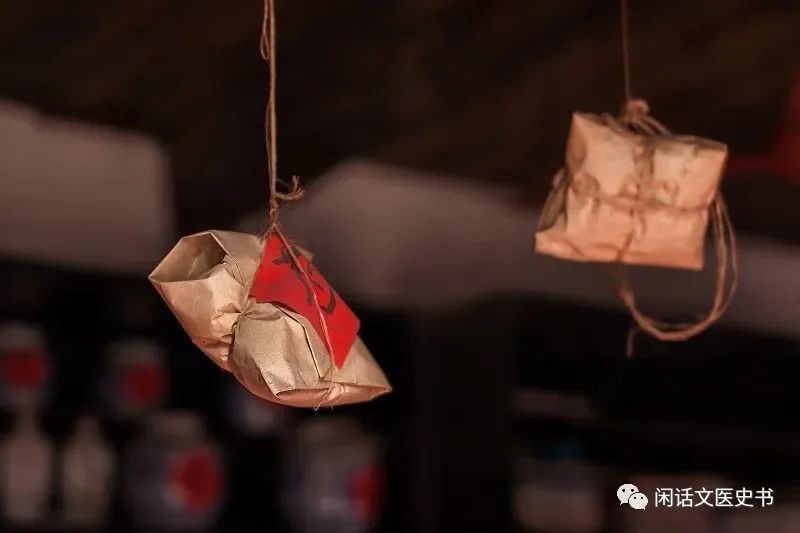
Interior SyndromeInterior syndrome refers to diseases that invade the internal organs. For example, overconsumption of cold foods can lead to abdominal pain and diarrhea. Western medicine often resorts to intravenous fluids, which not only proves ineffective but can worsen the condition. The reasoning is simple: if the gastrointestinal tract is already cold, introducing more cold fluids will exacerbate the problem. I have encountered many such cases, but two stand out in my memory. One was at a birthday party hosted by the Anti-Cancer Paradise in Zibo, where I noticed Secretary Bai looking weak and pale. When I inquired about her health, she mentioned having diarrhea for several days. I asked if she had received treatment, and she replied that she had been on intravenous fluids for four days without improvement. I asked her to stick out her tongue and observed a pale red tongue with a white coating, diagnosing her with an interior cold syndrome. I instructed the driver to buy Fu Zi Li Zhong Wan (Aconite and Ginseng Pill) for her. That evening, she called me to say she felt much better after taking the medicine. This illustrates that TCM syndrome differentiation is like fitting a key; as long as it fits correctly, it doesn’t cost much.
The second case involved a 2-year-old girl from Shanghai who had leukemia and experienced diarrhea after two rounds of chemotherapy at an international children’s hospital. After stopping chemotherapy for two months to treat the diarrhea, she spent over 20,000 yuan but her condition worsened. She then flew from Shanghai to Jinan and came to our hospital. After assessing her condition, I recalled that chemotherapy drugs are mostly cold in nature, and Western medicine lacks the concept of exterior-interior differentiation and cold-heat differentiation, focusing solely on killing bad cells. I prescribed her Fu Zi Li Zhong Wan in three doses. Over 20 years ago, TCM was inexpensive, costing only about 20 yuan. The young mother was somewhat reluctant and raised the small amount of medicine high in the crowd, asking, “Director Huang, I came all the way from Shanghai, will this little medicine be effective?” I explained that the key to TCM treatment is syndrome differentiation, and her child seemed to have an interior cold diarrhea, which should be effective. I told her I would visit my patients in Shanghai the next day, and we could stay in touch. The next afternoon, after landing at Shanghai Hongqiao Airport, I received her call informing me that it was effective, and her diarrhea was cured three days later. She mentioned that many sick children were waiting, and she had arranged accommodations for us, planning to gather them for a visit next month. When I arrived as scheduled the following month, I received a call from her, and she was crying. I asked what was wrong, and she explained that the hospital had seen improvement in the diarrhea and advised continuing chemotherapy, which ultimately led to the child’s death during treatment. I felt a deep sense of tragedy and helplessness. If our Western medicine colleagues understood a bit of TCM knowledge regarding exterior-interior and cold-heat differentiation, and if we could integrate TCM and Western medicine, using TCM when appropriate and Western medicine when necessary, we could certainly save more children successfully.
For diseases manifesting as lung issues, such as coughing and wheezing with white phlegm, we can use Xiao Qing Long Tang (Minor Blue Dragon Decoction) granules, which have remarkable effects. For interior syndromes presenting as arrhythmias, we can use Zhi Gan Cao Tang (Honey-Fried Licorice Decoction) granules, also known as Fu Mai Tang (Restore the Pulse Decoction), which is equally effective. One of my long-time patients has carried this prescription with her for over 20 years; whenever she experiences arrhythmia, she goes to the pharmacy to get the herbal decoction. In those days, there was no concept of heart stenting. Recently, a 55-year-old real estate businessman from my neighborhood passed away after having three stents placed in Beijing. This confirms what a contemporary celebrity said: many people do not die from diseases but from ignorance. In the past, it was said that knowledge changes destiny; now it is knowledge that determines destiny. Our weekly lectures at Yanqiang TCM Hospital aim to spread TCM knowledge, and I am grateful to all the TCM volunteers across the country for promoting our hospital. I hope our efforts will motivate more people around us to benefit. Thank you all for listening, and please share this with those around you.
Tomorrow is New Year’s Day, and I wish all friends, old and new, in this group a new year filled with new beginnings, better health, and greater happiness for the whole family.
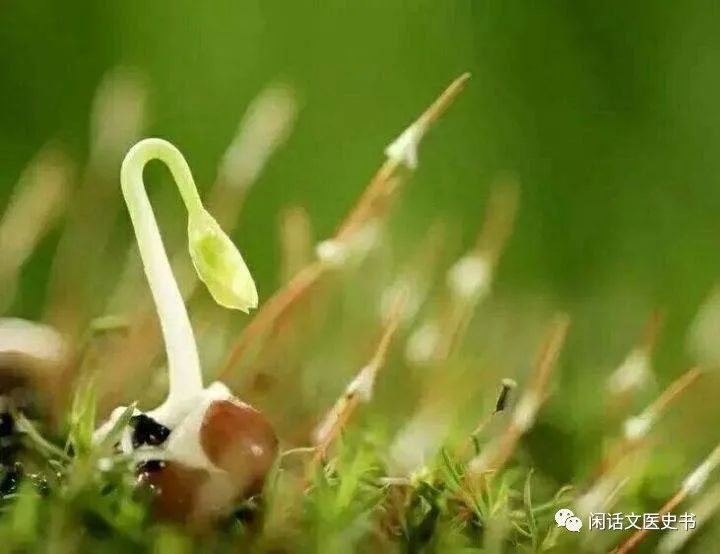
Zibo Yanqiang Hospital Huang Yanqiang December 31, 2020

